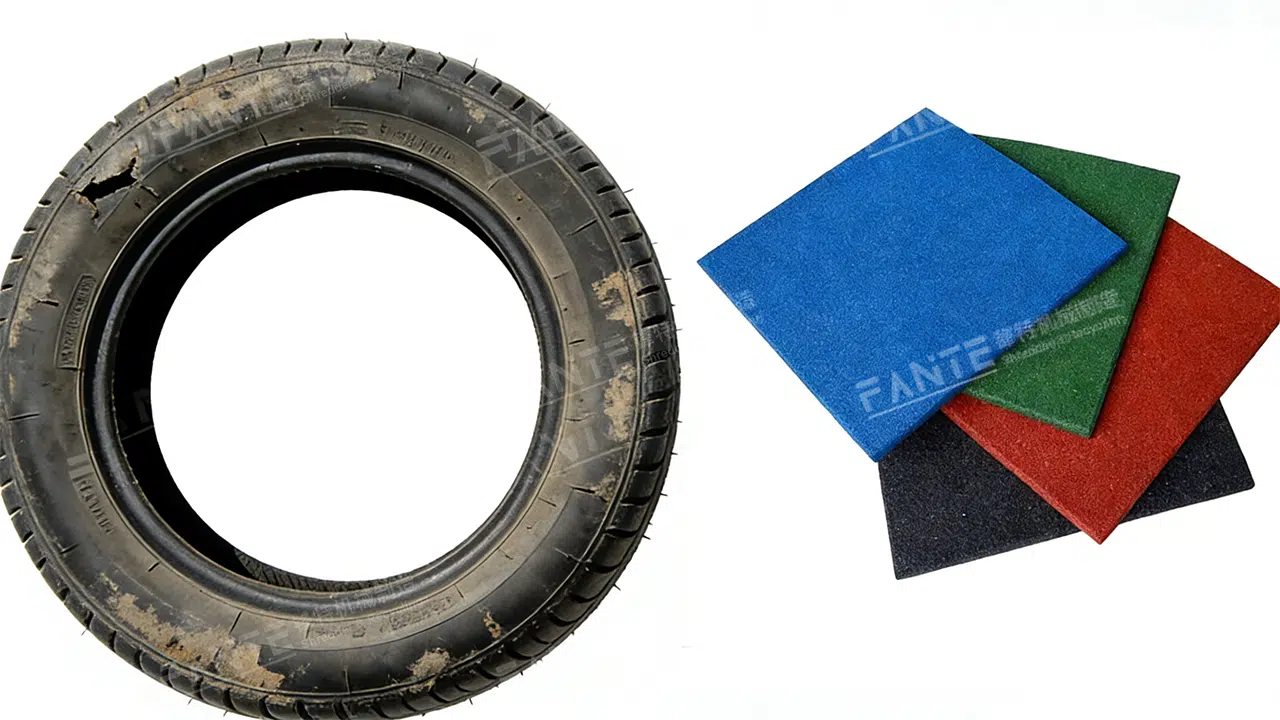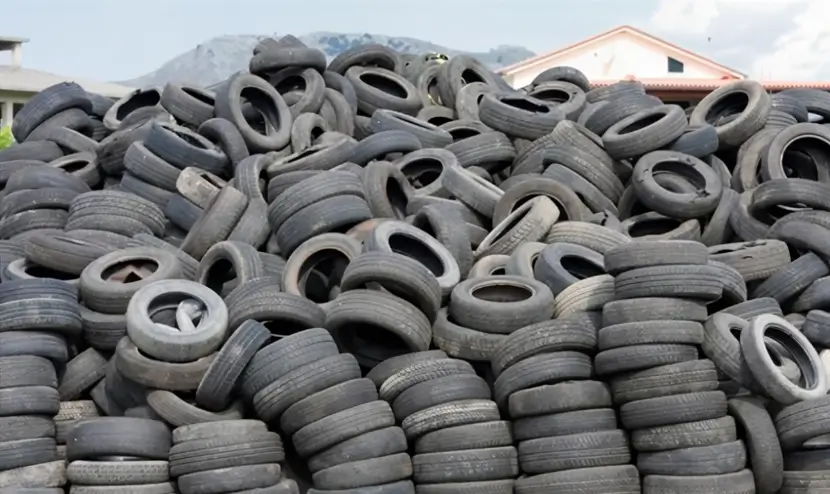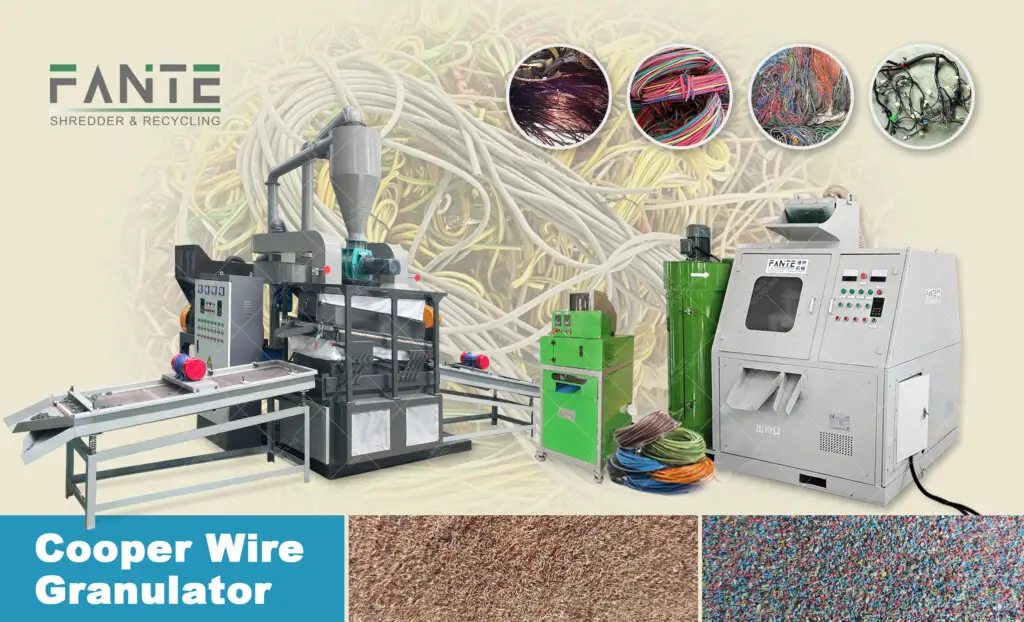As electronic waste surges globally, recovering valuable materials from printed circuit boards has become increasingly critical. PCB recycling plant efficiently and sustainably processes waste PCBs from discarded electronics. This guide explores the components, advantages, and applications of modern pcb recycling machines.
Understanding the PCB Recycling Process
What Is a PCB Recycling Plant?
PCB recycling plants use specialized systems to efficiently process large volumes of printed circuit boards. They rely on advanced e-waste PCB recycling machines that shred, separate, and extract valuable metals like copper, gold, and aluminum from electronic scrap, promoting eco-friendly e-waste recycling.
To achieve sustainable e-waste management, the core objective of any PCB recycling machine is to maximize recovery while minimizing environmental impact.
Main Stages in PCB Recycling
-
Pre-Shredding
PCBs are first fed into a pcb recycling machine where they are broken into smaller pieces using an industrial shredder. -
Crushing & Pulverization
The shredded boards are further ground into powder for efficient material separation. -
Separation
Using air, vibration, and electrostatic separation technologies, the e waste pcb recycling machine isolates copper, fiber resin, and precious metals. -
Collection & Refining
The recovered metals are collected for refining and resale, contributing to the circular economy.
Advantages of a Modern PCB Recycling Plant
Investing in a high-efficiency pcb recycling plant offers numerous benefits:
| Feature | Advantage |
|---|---|
| Fully automated system | Reduces manual labor and increases safety |
| High recovery rate | Extracts up to 99% of valuable metals |
| Eco-friendly process | No chemical leaching or burning |
| Scalable output | Suitable for small workshops to industrial-scale operations |
The use of a reliable e waste pcb recycling machine ensures optimal performance, low energy consumption, and stable operation even under heavy loads.
Choosing the Right PCB Recycling Machine for Your Needs
When selecting a pcb recycling machine, consider the following:
-
Capacity: Choose based on your daily PCB processing volume
-
Material Compatibility: Ensure the machine can handle a variety of PCB types
-
Automation Level: More automation means less labor and higher consistency
-
Manufacturer Support: Opt for suppliers with proven expertise in e waste pcb recycling machines
Final Thoughts
A pcb recycling plant is more than just a solution for managing e-waste — it’s an essential step toward resource recovery and environmental sustainability. By deploying a modern pcb recycling machine, businesses can turn discarded electronics into valuable commodities while aligning with global green initiatives.
Looking to set up your own PCB recycling plant?
Get in touch with us for customized equipment solutions, technical support, and pricing details on our high-performance e waste pcb recycling machines.



